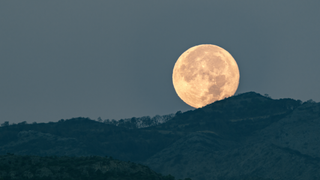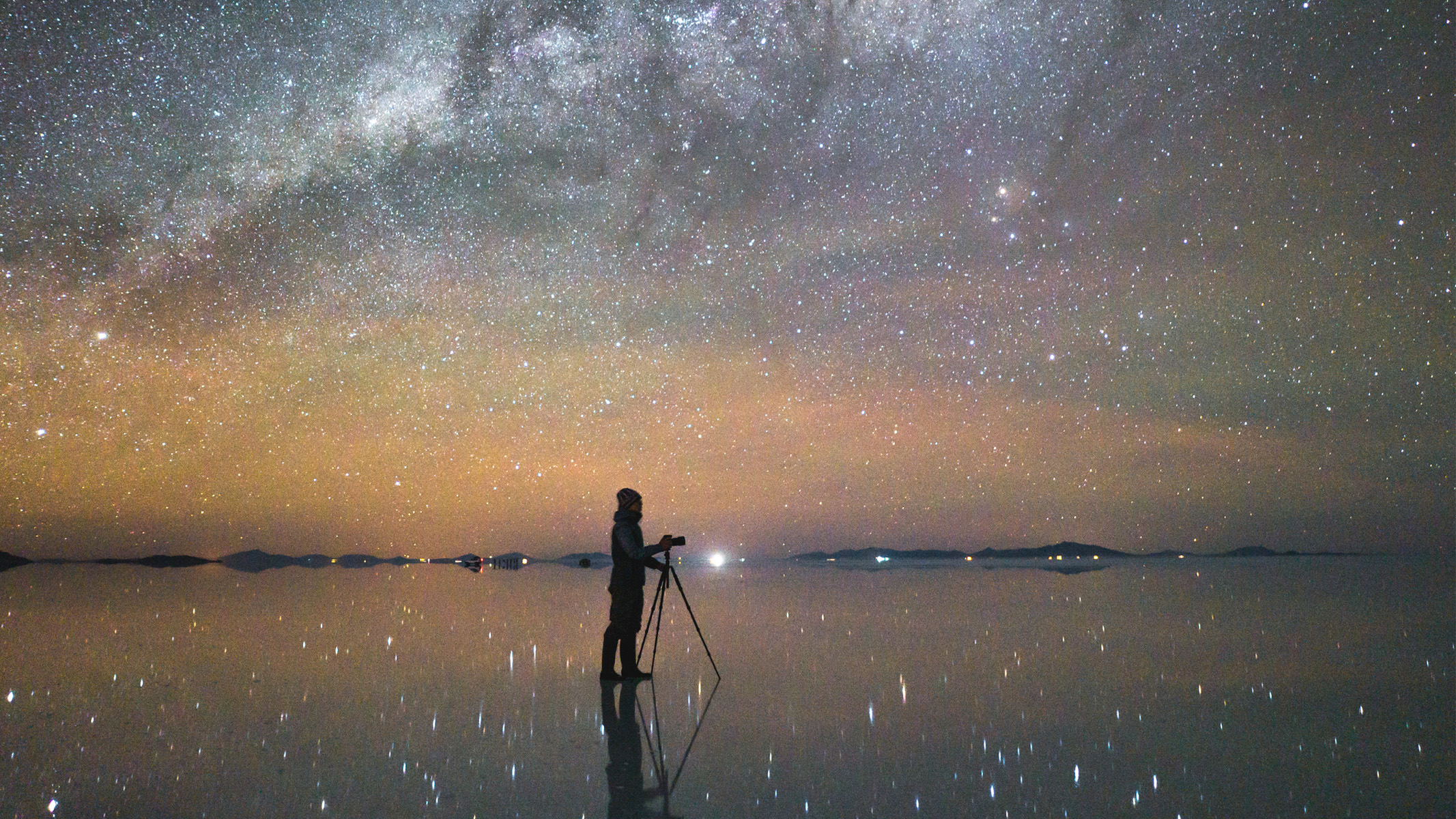Life's Little Mysteries: Science questions, answered

The world can be a pretty mysterious place and we at Live Science love to ask and answer scientific questions about mysteries big and small: about ancient civilizations, our planet and our solar system, the plants and animals that live alongside us, our bodies and how they work, and the technologies that we use every day.
Join us on this exciting voyage of discovery and downright weirdness as we solve … Life's Little Mysteries.
Sign up for our weekly Life's Little Mysteries newsletter to get the latest mysteries before they appear online.
Latest about Life's Little Mysteries

How can deserts form next to oceans?
By Sara Hashemi published
Deserts are notoriously dry, so why do so many of them border oceans?

What is rigor mortis, and why does it happen?
By Isabel Gil published
Bodies usually stiffen after death in a process known as rigor mortis. But why does this happen, and how long does it last?

How long do most planets last?
By Sara Hashemi published
Planets are born, and they can also "die." So what's the lifespan of a typical planet?
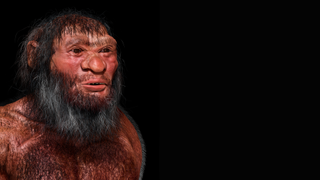
What are ghost lineages, remnants of the past that still exist in our DNA today?
By Tom Metcalfe published
Ghost lineages reveal themselves through ancient genes that still exist in living beings today.

Did ancient Greeks let women compete in the Olympics?
By Owen Jarus published
The ancient Olympic games were crowded with male athletes, but were there opportunities for females to compete in sports?

Why do kids eat their boogers?
By Emma Bryce published
There may be something more than just a bad habit behind this behavior.
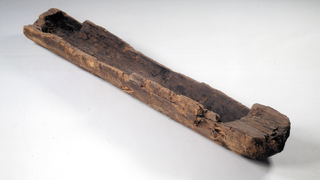
When were boats invented?
By Jesse Steinmetz published
The oldest physical boat is a canoe from roughly 10,000 years ago, but evidence suggests humans have been using watercraft for at least 50,000 years.
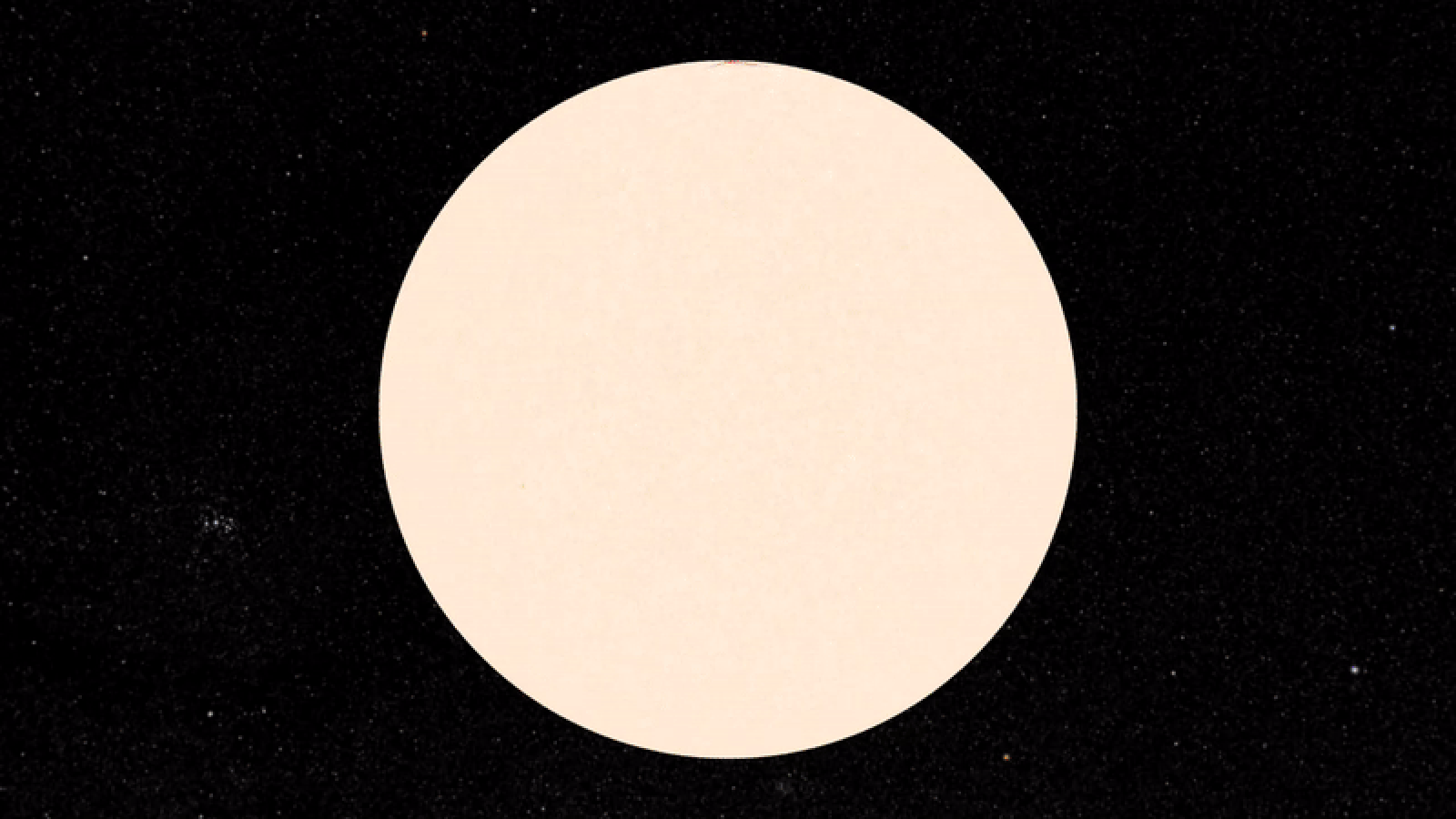
How long does it take the sun to rotate?
By Ashley P. Taylor published
The time it takes for the sun to completely rotate depends where on the sun you are measuring.
Get the world’s most fascinating discoveries delivered straight to your inbox.
 Live Science Plus
Live Science Plus










